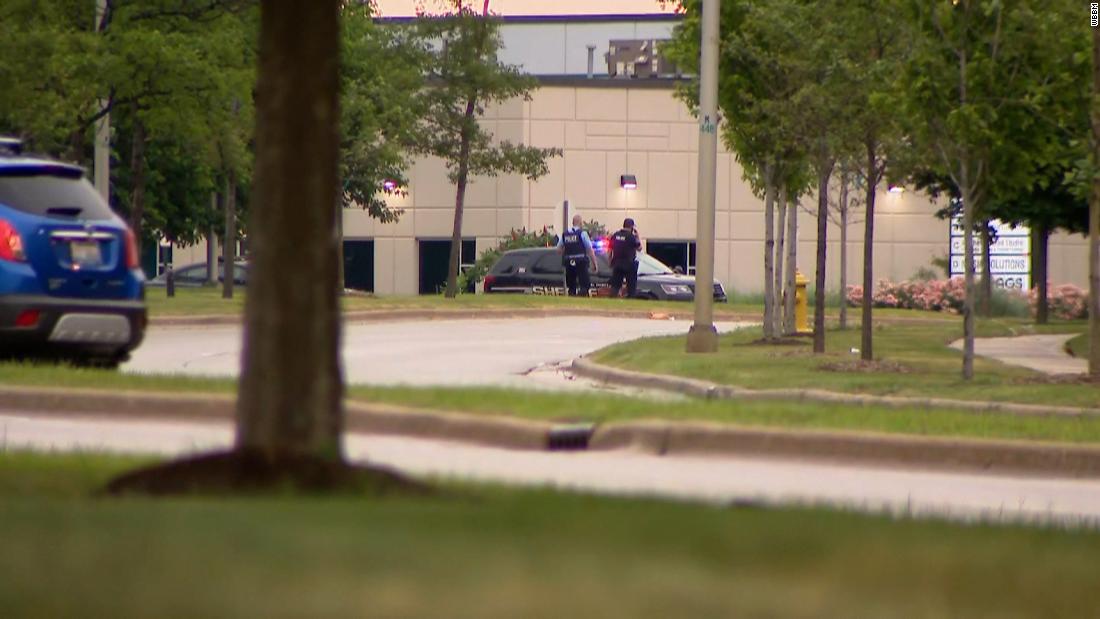Welcome back to Chain Reaction.
Last week, we talked about infinite pessimism in the crypto markets. This week, we’re talking about parties and tattoos and booze and fun.
If you want to get this in your inbox every Thursday, you can subscribe on TechCrunch’s newsletter page.

Exit opportunity
It’s no secret at this point that plenty of onlookers are watching the crypto crash with glee, laughing as tokens tumble and NFT volumes shrink. The crypto industry has managed to make plenty of consumer enemies throughout this bull run — with detractors highlighting aggressive energy usage, the addictive profile of crypto investing and how NFTs have become “MLMs for dudes” — as justifications for their distaste.
As the bull market meets its end, there’s probably a good moment here for introspection on how investors’ web3 vision for the web can give consumers more to be excited about than skeptical, but something tells me that the crypto industry is about to grow more insular than ever.
This week, NFT denizens descended on Times Square in New York. Pricey images found their way onto the massive advertising screens, token-gated parties flourished and a host of suddenly less rich collectors found their way to commiserate and double down. My co-host Anita had the chance to visit NFT NYC in person and gave some thoughts below, but in some ways, the positive vibes showcase an industry going from growth mode to survival mode.
The NFT world’s version of survival looks a little different of course. At the event this week, Bored Ape Yacht Club hosted a festival with Future, LCD Soundsystem and Amy Schumer performing. Tame Impala headlined Kevin Rose’s Moonbirds event where token holders could get owl tattoos onsite. The NYPD busted up token-gated NFT parties. A project hired dozens of protestors holding signs saying “God Hates NFTs” to stand outside their event. One NFT startup hired a Snoop Dogg impersonator “Doop Snogg” to walk around their event as a tacit pseudo endorsement.
In the end, it’s no secret that the NFT market was filled with an awful lot of bullshit, and any bear market could and should restore some sanity to what’s left behind, but the lines are looking a little blurry in NFT land.
In some ways, it feels as though the wealthy collectors of the NFT space are jettisoning into space as the world they built preps for a meltdown. So-called blue-chip projects with 10+ ETH floors, venture funding and significant trading volumes have shown surprising resiliency in the face of the downturn despite the sinking values of the underlying cryptocurrencies they’re based on, but NFT project floors across the board have taken major hits as less wealthy collectors look for exit liquidity where they can, struggling all the way down.
the latest pod
We kicked off this week’s episode by unpacking some controversy incited by none other than the Dogefather himself – Elon Musk. Musk and his companies, SpaceX and Tesla, are being sued by a Dogecoin holder for allegedly inflating the value of the cryptocurrency, which has since crashed.
It’s time for NFT NYC this week, a crypto conference that’s attracted influencers, investors, celebrities and the like to New York (more on that below from Anita, who’s been bopping arond the city talking to the NFT community). We did a deep dive into the NFT market itself and what could be driving the seeming exuberance of the NFT space even amid such dire market conditions for crypto and tech overall. We wrapped up this week’s news with two DAO-related disasters that may not bode well for the future of this recently trendy, but undeniably messy governance structure.
Musical and visual artist Latasha joined us on the podcast this week to talk about how NFTs helped her claim ownership of, and make a living from, her creative work. She shared her vision behind Zoratopia, a festival experience she has hosted at crypto events all over the US, in her role as head of community at the NFT platform Zora.
Subscribe to Chain Reaction on Apple, Spotify or your alternative podcast platform of choice to keep up with us every week.
follow the money
Where startup money is moving in the crypto world:
- FalconX, a digital assets platform for institutional investors, announced a $150 million Series D round at an $8 billion valuation led by GIC and B Capital.
- NFT collectibles project Doodles attracted an undisclosed amount of funding from Alexis Ohanian’s Seven Seven Six.
- Solana-based NFT marketplace Magic Eden raised $130 million in a Series B round co-led by Electric Capital and Greylock Partners, bringing its valuation to $1.6 billion.
- Prime Trust, a crypto and fintech infrastructure startup, nabbed $100 million for its Series B from investors including FIS, Fin Capital and Kraken Ventures.
- Permissionless margin trading protocol OpenLeverage snagged a strategic investment of undisclosed size from Binance Labs.
- NFT-based comedy and meme tooling company Terrible Pets, a project from the producers of the TV show Silicon Valley, raised ~$4 million in funding led by First Round Capital, XYZ Capital, and Moment.
- Astaria, an NFT liquidity provider, closed an $8 million seed round from investors including True Ventures and Arrington Capital.
- Endstate, an NFT platform focused on sneakers, brought in $5.5 million in seed funding from investors including Archetype and Castle Island.
- Algorithmic exchange rate protocol Increment raised $1.56 million for its seed round led by ParaFi.
- Afropolitan raised $2.1 million in pre-seed funding from Balaji Srinivasan and other investors to build a digital nation-state for Africans and the African diaspora.
this week in web3
Hey, it’s Anita here, reporting (pretty much) live from NFT NYC this week. Everyone who lives in Manhattan, myself included, has been surrounded by a deluge of delighted degens dismissing the downturn this week. You can listen to this week’s podcast to hear my thoughts on all that, but I want to tackle a different question here: Is the crypto community practicing what they preach?
There were tons of complaints on Twitter from people who waited in line for hours to get their passes for the NFT NYC. Even those who were speaking on panels had to wait in line along with all the event attendees, they told me, which apparently wrapped around as many as three city blocks.
I’ve lived in New York for a while now, so I’m not easily shaken by a long line, but it got me thinking about the irony of the whole affair. NFTs and their associated tech can provide easy authentication and identity verification. NFT stans love to cite the example of events as a prime use case for the technology, which they say could make administrative burdens like checking people into a conference so much more efficient. So where is that technology at this week’s conference?
I’m sure putting on a crypto event involves creating order from chaos in a way that’s well beyond my own capacity, so I’m not singling out NFT NYC’s organizers or anyone else in particular. But the lines at NFT NYC raised a bigger question in my mind about the contradiction between what the crypto community says is the future versus how the crypto community actually behaves. Like, why are in-person conferences even such a huge part of getting to know people in web3? Shouldn’t we all be past the point where we need to breathe each other’s air to feel human connection?
Based on what I’ve heard for the past year from much of the web3 community, I would have expected we’d all be hanging out with our besties in the metaverse 24/7 by now. Crypto conferences themselves, it seems, present a huge opportunity for web3 enthusiasts to actually leverage the tech they say will change everything about how we live. So far, it seems that opportunity has largely been overlooked.
TC+ analysis
Here’s some of this week’s crypto analysis you can read on our subscription service TC+ (written by TC’s Jacquelyn Melinek):
Crypto’s emphasis on community could lead followers off a cliff
The idea of the “family” culture that so many businesses push for is seeping deeper into the crypto world as communities are formed on a sometimes toxic, cultish stance to unwaveringly back the projects they are invested in. Don’t get me wrong, some parts of the crypto community are great — I’m a part of a few communities myself — but when it’s misused, it can lead to the blind leading the blind.
Crypto founders face falling valuations, pulled deals amid market volatility
As the crypto market continues to plummet, founders in the space are struggling to hold on to investors who are now trying to minimize their risk and backing out of funding rounds. The market is shifting to a VC-friendly landscape, but not every founder is happy with the way they are being treated now that investors are back in the driver’s seat.
Thanks for reading, and again, if you want to get this in your inbox every Thursday, you can subscribe on TechCrunch’s newsletter page. See you next week!


























































